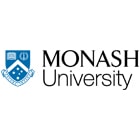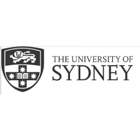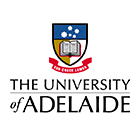- News and articles
- Events
- Find usIDP AustraliaIDP BahrainIDP BangladeshIDP CambodiaIDP CanadaIDP ChinaIDP EgyptIDP GhanaIDP Hong KongIDP IndiaIDP IndonesiaIDP IranIDP JordanIDP KenyaIDP KoreaIDP KuwaitIDP LebanonIDP MalaysiaIDP MauritiusIDP Middle EastIDP NepalIDP New ZealandIDP NigeriaIDP PakistanIDP PhilippinesIDP Saudi ArabiaIDP SingaporeIDP Sri LankaIDP Taiwan, ChinaIDP ThailandIDP TurkeyIDP UAEIDP VietnamIDP Corporate
- Social
- English
Studying in Australia for international students
Pursuing studies in Australia could be the key to an excellent education and a promising career ahead. Find all the necessary details about how to study in Australia as an international student.
Australia stands as a favoured choice for students, with many top-notch universities and colleges. Moreover, cities such as Sydney and Melbourne, celebrated for their quality of life, provide students with an affordable lifestyle while they pursue their career and academic goals.
Why study in Australia?
Australia consistently stands out as the ideal choice for those seeking a destination offering an exceptional standard of living, top-tier education and good options for international students. Here's why:
Educational excellence
Australia hosts some of the most renowned universities globally, all monitored by the Tertiary Education Quality and Standards Agency (TEQSA).
Quality of life
Ranked just behind Norway, Australia offers one of the world's highest standards of living. Its top-notch healthcare, advanced infrastructure, top-notch healthcare, diverse public transportation, and a plethora of services available to students collectively make Australia an inviting destination for students.
Post-graduation prospects
Numerous international students have the option to extend their time in Australia after finishing their studies using a Post-Higher Education Work stream, opening doors for further education, work opportunities or simply enjoying life in the country.
Universities in Australia for international students
Australia is home to world-renowned universities that consistently rank high in global rankings. Some of the top choices for international students according to the QS World University Rankings 2024 include:
University Name | QS World Ranking |
|---|---|
14 | |
=19 | |
=19 | |
=34 | |
42 | |
43 | |
72 | |
89 | |
90 | |
=130 |
Admission requirements in Australia for international students
Admission standards differ depending on the specific program and university. Nonetheless, some common criteria include:
Official transcripts from previous academic institutions
Overseas Student Health Cover
English language proficiency assessments like IELTS or TOEFL
Genuine student form.
Intakes in Australia
Australian universities typically offer two main intakes:
The February intake: It aligns with the beginning of the academic year.
The July intake: It provides a mid-year entry point for many programs.
International students often prefer the February intake as it allows for a smoother transition and better integration into campus life. However, the July intake offers advantages for those who need more time for preparations or are considering a mid-year start.
Cost of studying in Australia for international students
The expenses for studying in Australia depend on the degree program and the university of choice. On average, the annual tuition fees at Australian universities range from AU$ 8,000 to AU$ 35,000.
Study Program | Average Annual Tuition Fees in AUD |
|---|---|
Vocational Education and Training (Diplomas) | $8,000 to $20,000 |
English Language Studies | $2,000 to $10,000 |
Bachelor’s Degree | $25,000 to $35,000 |
Master’s Degree | $25,000 to $37,000 |
Doctoral Degree | $25,000 to $45,000 |
Best courses to study in Australia
Among the most sought-after programs, those in the field of engineering and technology stand out due to their promising career prospects, opportunities for innovation, and the ever-growing demand for skilled professionals in these fields. Moreover, Australian universities excel in these areas:
Computer Science
Engineering
Data Analytics
Health and medicine
Scholarships for international students in Australia
Here are some of the most popular scholarships for international students to study in Australia:
Scholarship Name | Value |
Up to 50% of fees | |
Up to 30,000 AUD | |
Up to 7,500 AUD | |
Up to 4,000 AUD | |
Up to 3,000 AUD |
Please note that students should check university websites to keep themselves updated with the current scholarships available.
Cost of living in Australia for international students
While Australia offers a high quality of living, the cost of living can vary significantly between cities. Generally, Sydney and Melbourne tend to be the most expensive, particularly in terms of accommodation.
Here's a breakdown of estimated costs for international students:
Category | Average cost in AUD |
Accommodation | $120 - 700 |
Transportation | $12 - 70 |
Food | $80 - 300 |
Entertainment | $50+ |
Best city to study in Australia
Australia boasts several excellent cities for international students, each offering unique experiences and educational opportunities. Among the top contenders, Melbourne stands out as a prime destination.
Known for its vibrant arts scene, cultural diversity and top-ranking universities, Melbourne provides a stimulating environment for students. The city's bustling streets are filled with cafes, galleries and events, offering endless opportunities for socialising and cultural exploration.
Study and work in Australia
In Australia, international students are permitted to work part-time while they study. The country allows students to work for up to 48 hours every two weeks during the academic term and full-time during scheduled breaks in their courses.
This not only helps students offset living expenses but also provides valuable work experience. Many universities also offer career services to assist students in finding part-time jobs and internships relevant to their field of study.
Career prospects and post-study opportunities
The country's strong economy and thriving industries provide a wealth of job opportunities across various sectors. International graduates may also be eligible for post-study work visas, such as the Post-Higher Education Work Stream, allowing them to gain valuable work experience in Australia after completing their studies.
Additionally, Australia's skilled migration pathways offer avenues for qualified graduates to pursue long-term residency and build a successful career in the country.
Student visa requirements in Australia
The type of visa needed in Australia depends on factors such as the level and duration of your study, as well as the field of study you choose. However, irrespective of your chosen university, study program, or tuition fees, you will need a student visa (subclass 500) as an international student.
To apply for a student visa to study in Australia, you will typically need the following:
Valid passport
Passport-sized photographs
Visa application fee
Answer Genuine Student Questions in the visa form.
Health insurance policy (OSHC) information
Enrollment confirmation (electronic confirmation of enrollment eCOE)
Proof of financial capability to support tuition fees, living costs, return travel, and expenses for any dependents
If you are under the age of 18, you will be required to submit additional documents, such as parental permission and confirmation of appropriate accommodation and welfare.
Student Essential Services for Emirati/Omani international students
We understand that studying abroad can be challenging. That's why our team is dedicated to making it easier for you. We aim for your international study journey to be hassle-free and seamless. Here's how we can help:
Securing the right health cover for students
Assisting with your student banking needs
Ensuring safe and secure money transfers
Providing you with the ISIC student card
FAQs
Is it possible to study in Australia after completing the 10th grade?
Some Australian universities offer Foundation programs for students who have completed the 10th grade, providing a pathway to higher education.
What is the accepted academic gap for studying in Australia?
Generally, a gap of 1-2 years is acceptable for undergraduate programs, while for postgraduate programs, a gap of 3-5 years may be considered.
How much does it cost for international students to study nursing in Australia?
The cost of studying nursing in Australia for international students can range from approximately AUD 20,000 to AUD 37,000 per year for undergraduate programs, depending on the university and location.
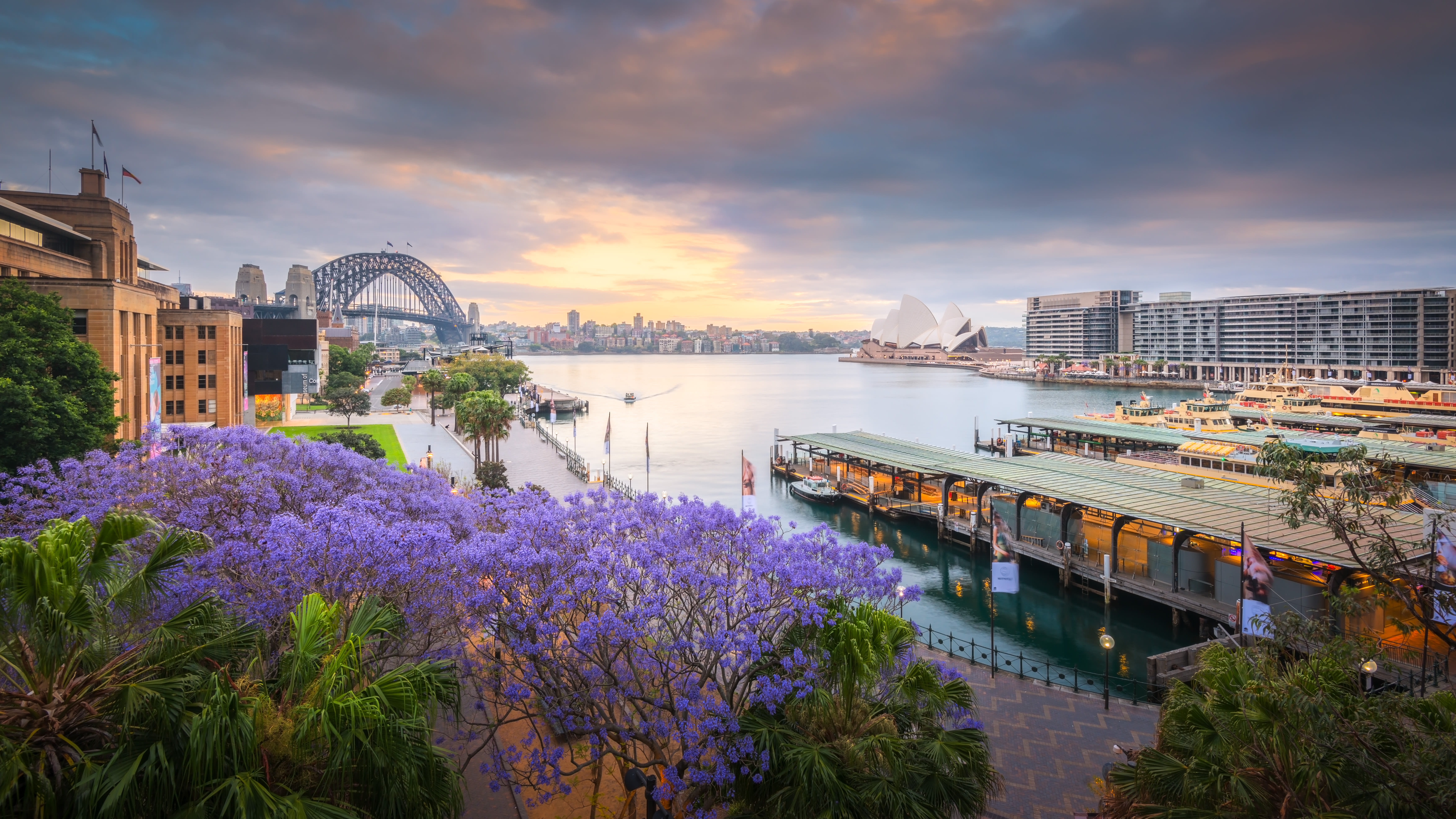
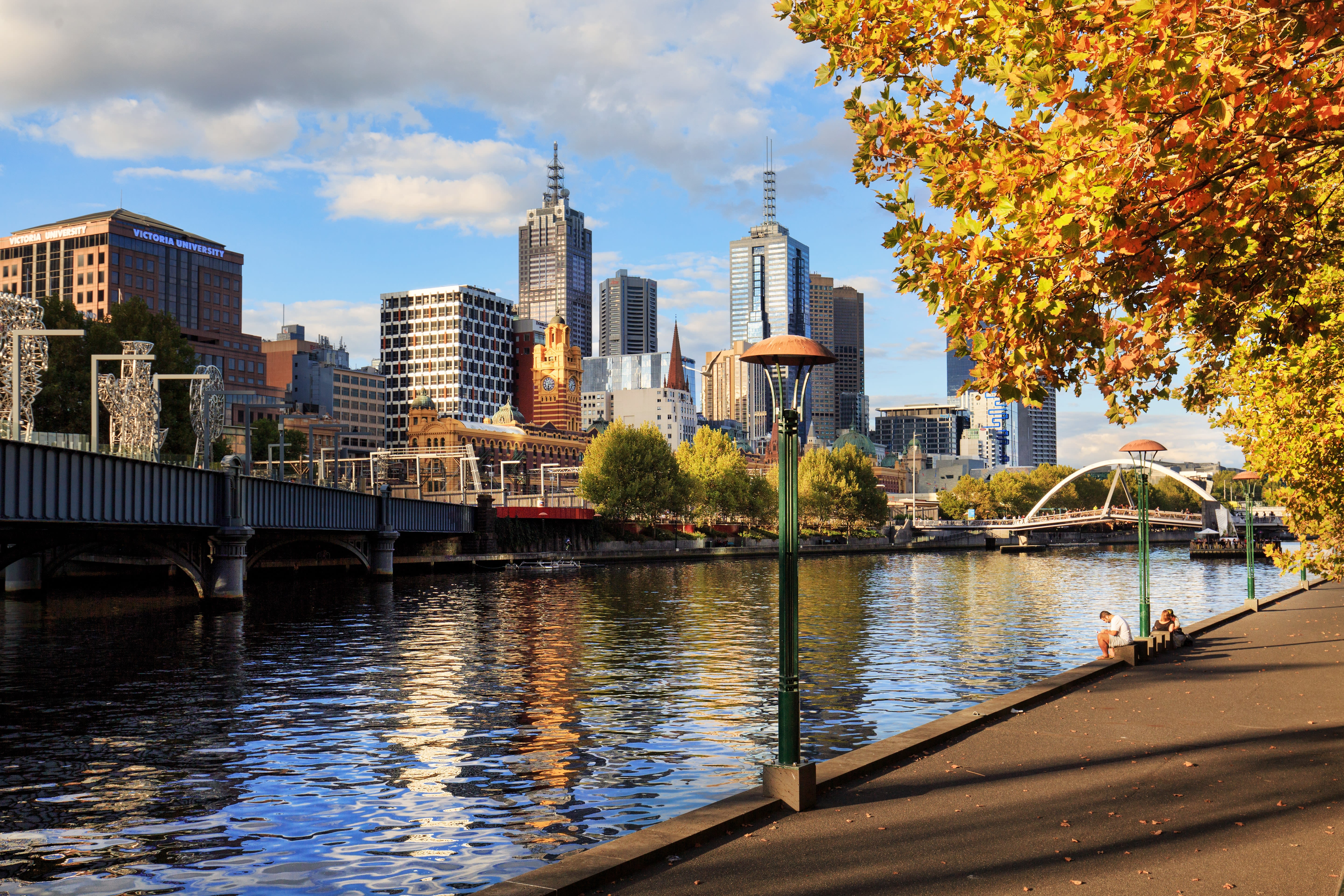



Explore in Australia
Hover over the city cards to discover more!


Explore health cover options
IDP has partnered with leading health insurance providers to give you the best options for your peace of mind abroad.

Send funds securely with money transfer
Explore safe, convenient and fast payment solutions with our market leading partners.

Find your home away from home
We’ll help you discover student accommodation that makes you feel comfortable and at home, no matter where you are.
Cost of living calculator
Estimate how much you will need to cover your expenses including cost of living comparison for various country and accommodation options.
Can’t decide where to study?
Answer 5 quick questions to get personalised content and course recommendations






